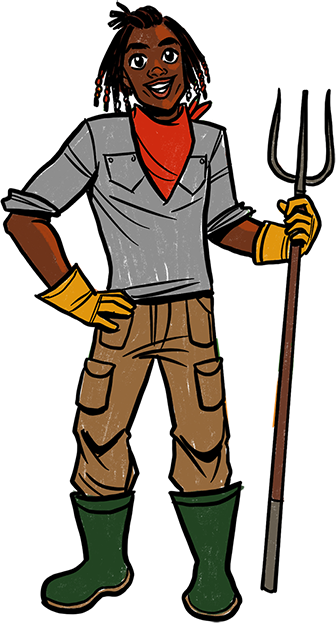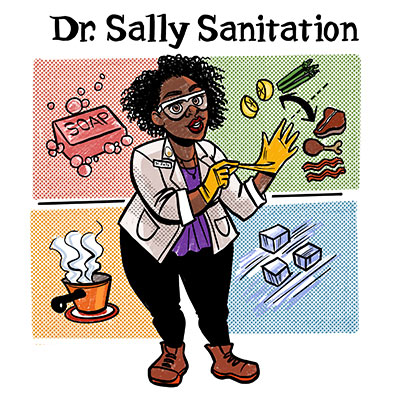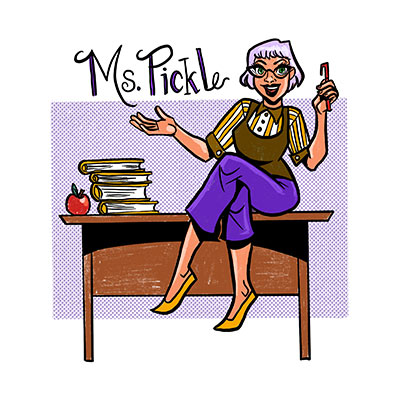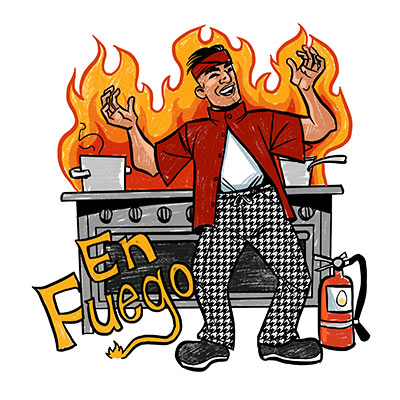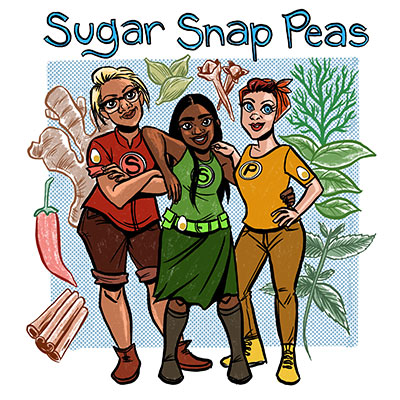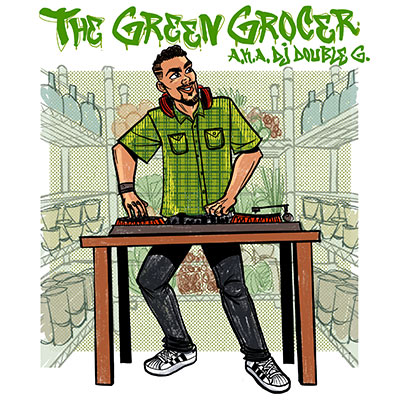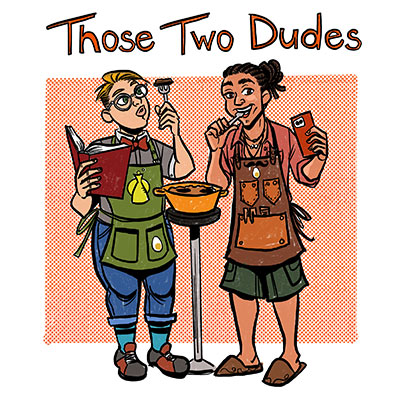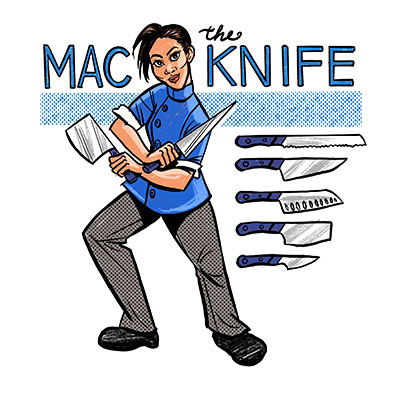Plant, Grow and Harvest
Planting some seeds can be a great way to introduce yourself and family the miracle of gardening. Whether you have a small urban garden in an alleyway, an indoor herb garden by the window or simply your backyard. Learning how to plant, cultivate and enjoy your own food can be an amazing experience.
Reduce
As you work in the kitchen, try to think of ways you can decrease the amount of waste that will enter the landfill.
Eliminate Excess Packaging: Choose products with small amounts of packaging or recyclable packaging. Instead of buying prepackaged and prepared fruits and vegetables, buy them straight from the bin. You can also choose larger containers of food, such as yogurt, and spoon out what you need instead of buying several individual portions. These simple steps will help cut down on the massive amount of garbage that we produce every day. Plus, you’ll save money on the amount of trash bags you have to buy and buying in bulk (ka-ching!)
Cut Down on Disposables: Ditching disposable cups, plates and utensils will most definitely cut down your trash and your grocery bill. Try cloth napkins and real plates. It takes a little time to wash them, but you’ll be saving the planet… and your money. You can also create less waste by packing lunches in reusable bags. Why not pack individual items in washable containers instead of plastic wrap and bags? Instead of paper towels, use rags or dish towels for cleaning. It’s cheaper, greener, and they soak up way more dirt and crumbs.
Reuse
Don’t throw away perfectly good containers. Get more use from plastic and glass food-packaging containers by washing them well with soap and water. These can be used as storage containers for leftovers, for items in the kitchen, or throughout the home. Water bottles can be reused or can become a free vase for flowers. Mason jars can be used as drinking glasses. You get the picture.
Keep the bags too! You can use plastic and paper shopping bags again at the grocery store, or as a lunch sack or trash can liners. They are also good when scooping pet poop. If you can’t use them, take them to your local grocery store and drop them in the plastic bag recycle box.
Recycle
Plastic: Plastic is great because it’s strong and it’s cheap. The problem is that when it’s thrown away, it takes a long time to decompose, and during the process, poisonous chemicals are passed into the soil and water system. You can do something to help: recycle plastic packaging. This means milk jugs, water, juice and detergent bottles. Anything with an opening smaller than the base of the bottle can likely be rinsed well and recycled.
Metal: When you have an empty can of soda, peas, beans or peaches, what do you do? You rinse that sucker out and toss it into your recycling bin. That’s what you do! Clean and recycle all cans.
Paper: Recycling old newspaper, computer paper, and cardboard boxes can reduce the amount of clutter in the house, and this clutter can be made into other paper products without having to cut down more tees. Save the trees, for real! They help to naturally cool buildings and homes and create fresh air for us to breathe. You don’t have to hug a tree, but they are beautiful to look at and relaxing to sit under.
Organic Waste: Organic waste, such as eggshells, coffee grinds, veggie/fruit cuttings, and paper towels, can be put into your compost pile. Food will decompose over time to create a natural fertilizer called compost. This can be added to your garden to help create healthy and stable soil so you can grow your own delicious fruits and veggies.
What’s the Difference Between Organic and Conventional Food?
Organic food is grown with no pesticides or herbicides. They use different growing methods to cut down on the types of chemicals used to treat the food. Organic foods are a great option if you are trying to cut down on the chemicals you ingest on a daily basis.
Conventional food is treated with pesticides or herbicides to help eliminate insects that can harm the food. The downside is that the chemicals can be harmful to humans. The chemicals may also get into our food chain of plants, animals, and humans, and Mother Earth will absorb harmful chemicals. As these chemicals build up in our bodies, they can potentially wreak havoc on our health and immune system. They can also build up in the soil and leach into the water system.
If you want to get into organic foods, your best bet is to buy one or two new items when you do your food shopping. Start off slow and see what you like and how you feel. You can also do some research about organic food. There is a lot of info out there, and you’ll want to form your own opinion.
